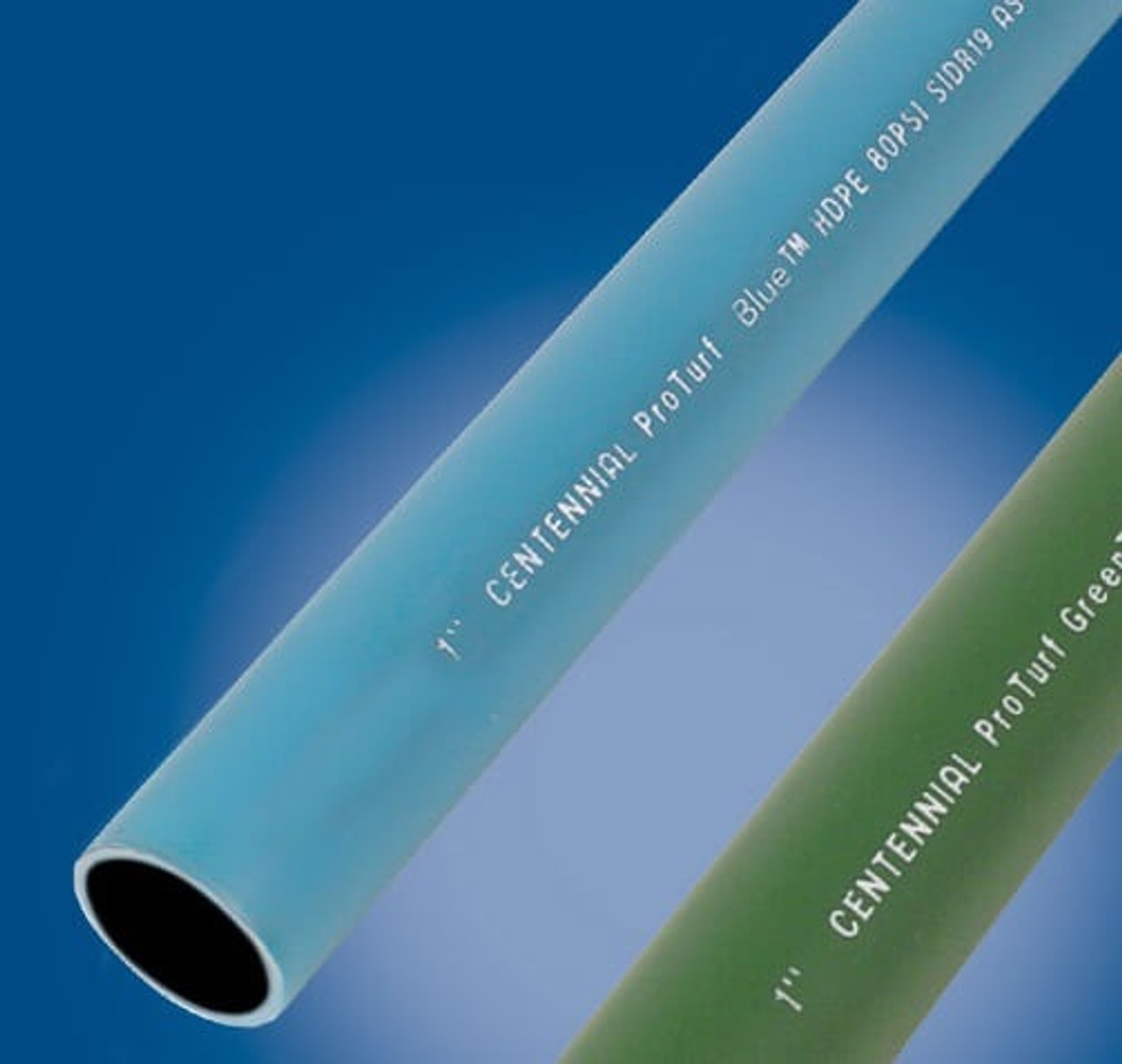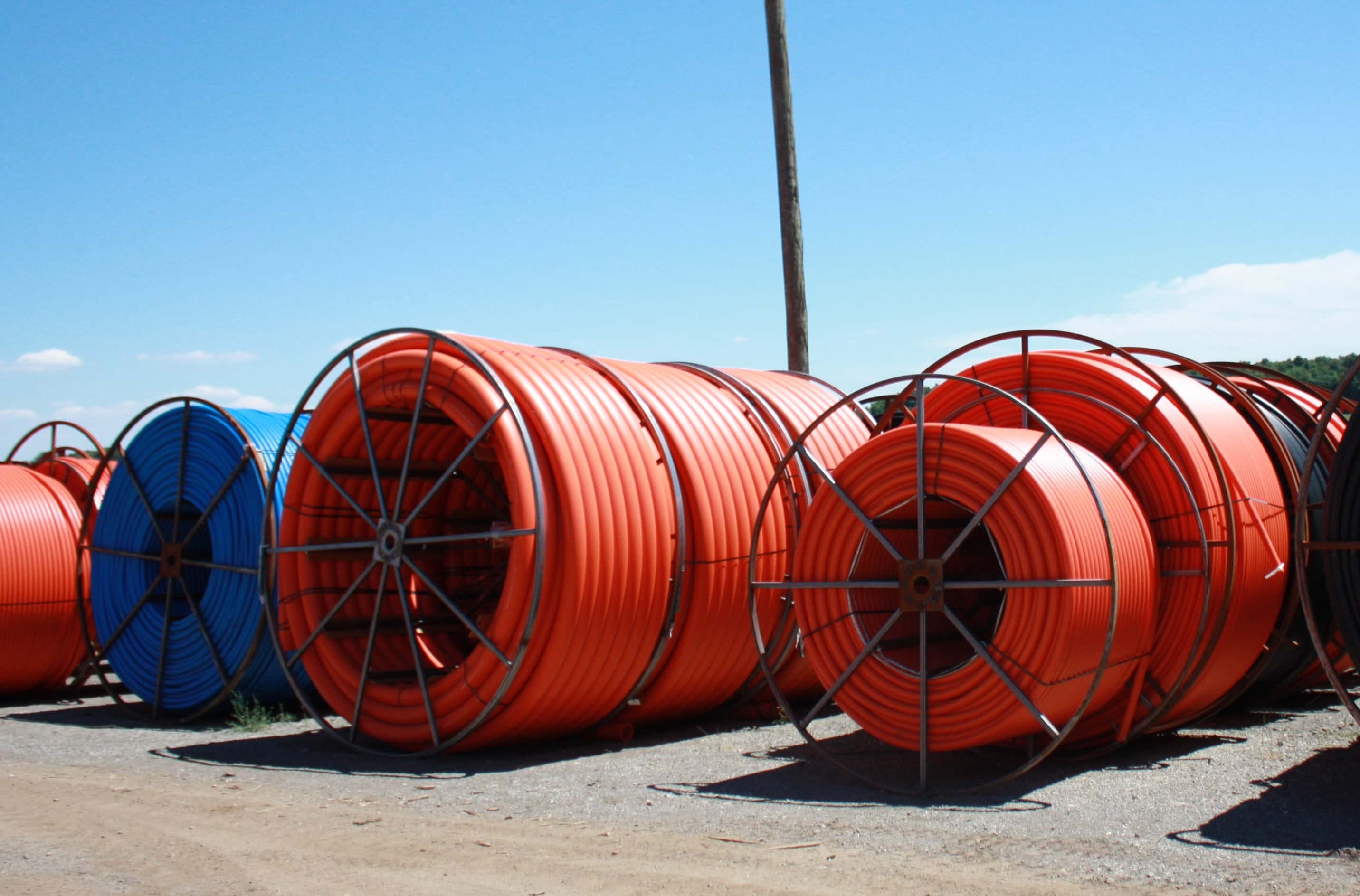Exploring American Plastics HDPE Pipe Manufacturing and Its Impact in Modern Infrastructure
Understanding the Secret Benefits of HDPE Pipeline for Water and Wastewater Management
The use of HDPE pipe in water and wastewater monitoring presents countless benefits that warrant consideration. Its remarkable toughness and lengthy life-span make it a favored selection for several projects. Furthermore, the product's resistance to rust and chemical damage enhances its dependability in various settings. However, the benefits prolong past simply long life and resistance. Exploring its cost-effectiveness and environmental impact discloses a lot more engaging factors for its extensive adoption in modern framework
Extraordinary Sturdiness and Longevity

HDPE pipeline stands apart for its phenomenal longevity and longevity, making it a favored selection in water administration systems. Created from high-density polyethylene, these pipes can withstand considerable pressure and anxiety, ensuring reputable efficiency gradually. Their durable nature permits them to sustain severe ecological problems, consisting of temperature fluctuations and soil movements, which can cause other materials to stop working.
The life-span of HDPE pipelines typically exceeds half a century, offering a cost-efficient remedy for districts and sectors alike. In addition, the product's light-weight properties simplify installment, lowering labor prices and timeframes. This sturdiness lessens the need for frequent repairs or substitutes, better boosting its economic appeal.
In water monitoring applications, the integrity of HDPE pipelines implies fewer disturbances and improved service connection, making them important to sustainable infrastructure growth. The combination of resilience and long life solidifies HDPE's role as a keystone in reliable water administration solutions.

Resistance to Rust and Chemical Damages
While many products catch corrosion and chemical damages gradually, HDPE pipelines display amazing resistance, making them ideal for different water management applications. This strength stems from the molecular framework of high-density polyethylene, which is inherently non-reactive and does not rust like steels or deteriorate from direct exposure to extreme chemicals. As a result, HDPE is extremely reliable in settings with aggressive substances, such as wastewater systems that may include acids, bases, and natural solvents.
Furthermore, HDPE pipes can stand up to environmental aspects such as soil acidity and saline conditions, additionally boosting their viability for varied applications (hdpe pipe suppliers Midland TX). Their capability to preserve structural integrity in time decreases the danger of leaks and failures, which is crucial in making certain the safety and security and integrity of water circulation and wastewater monitoring systems. Subsequently, the resistance to deterioration and chemical damages substantially adds to the total efficiency and durability of HDPE piping services
Cost-Effectiveness and Financial Advantages
When taking into consideration the financial implications of water administration systems, the cost-effectiveness of HDPE pipelines comes to be noticeable. These pipes supply lower installation and maintenance expenses compared to traditional materials like steel or concrete. Their light-weight nature simplifies transport and installation, leading to minimized labor costs. In addition, HDPE pipes show a lengthy life-span, usually surpassing half a century, which equates to less replacements and long-lasting financial savings.
The resistance of HDPE to corrosion and chemical damage minimizes the demand for costly repair work and substitutes. The pipes additionally sustain efficient water circulation, decreasing energy prices associated with pumping systems. By minimizing leakages and water loss, HDPE pipes contribute to substantial economic advantages for communities and industries alike. On the whole, the initial financial investment in HDPE piping can generate substantial monetary returns over the life expectancy of the water monitoring system, making it a prudent selection for lasting facilities advancement.
Environmental Sustainability and Minimized Influence

Convenience and Adaptability in Setup
Due to their one-of-a-kind residential properties, HDPE pipes provide remarkable versatility and adaptability in setup, making them suitable for a large range of applications. Their light-weight nature enables easier handling and transport, minimizing labor costs and installation time. HDPE pipelines can be curved and formed to fit numerous surfaces and task requirements, which is particularly beneficial in testing environments.
In addition, their resistance to rust and chemical damage enables installment in diverse setups without the demand for specialized safety coverings. The ability to fuse joints develops a continual, leak-free system, boosting the general honesty and integrity of the installment. HDPE's versatility also suits ground motion, decreasing the threat of damages in locations vulnerable to shifting soil. On the whole, these characteristics make HDPE pipes not just flexible but also a recommended option for water leak in main water line to house and wastewater management systems.
Regularly Asked Questions
How Does HDPE Pipe Compare to PVC in Water Management Applications?
HDPE pipe offers superior flexibility, resistance to deterioration, and toughness compared to PVC. Its lighter weight facilitates simpler installation, while its lengthy lifespan decreases substitute prices, making HDPE a favored selection in water monitoring applications.
What Is the Life Expectancy of HDPE Piping Under Typical Conditions?
Under regular conditions, HDPE pipelines can have a lifespan ranging from 50 to 100 years. Their toughness and resistance to deterioration contribute to their long-lasting efficiency in numerous applications, making them a trustworthy choice for infrastructure.
Are HDPE Pipeline Recyclable After Their Service Life?
Yes, HDPE pipelines are recyclable after their life span. custom hdpe pipe manufacturing Midland TX. They can be processed and repurposed into brand-new items, considerably minimizing ecological effect and advertising sustainability within the sector, making them an environment-friendly selection for piping remedies
What Is the Installation Refine for HDPE Water Lines?
The setup process for HDPE pipelines involves website preparation, trenching, pipeline combination or mechanical joining, backfilling, and stress testing. Correct methods assure a long lasting and effective system for transferring water and wastewater properly.
Can HDPE Water Lines Be Used for Both Safe And Clean and Non-Potable Water Solutions?
Yes, HDPE pipelines can be utilized for both potable and non-potable water supply. Their flexibility, longevity, and resistance to deterioration make them suitable for different applications, ensuring risk-free and efficient transport of water in about his different contexts.